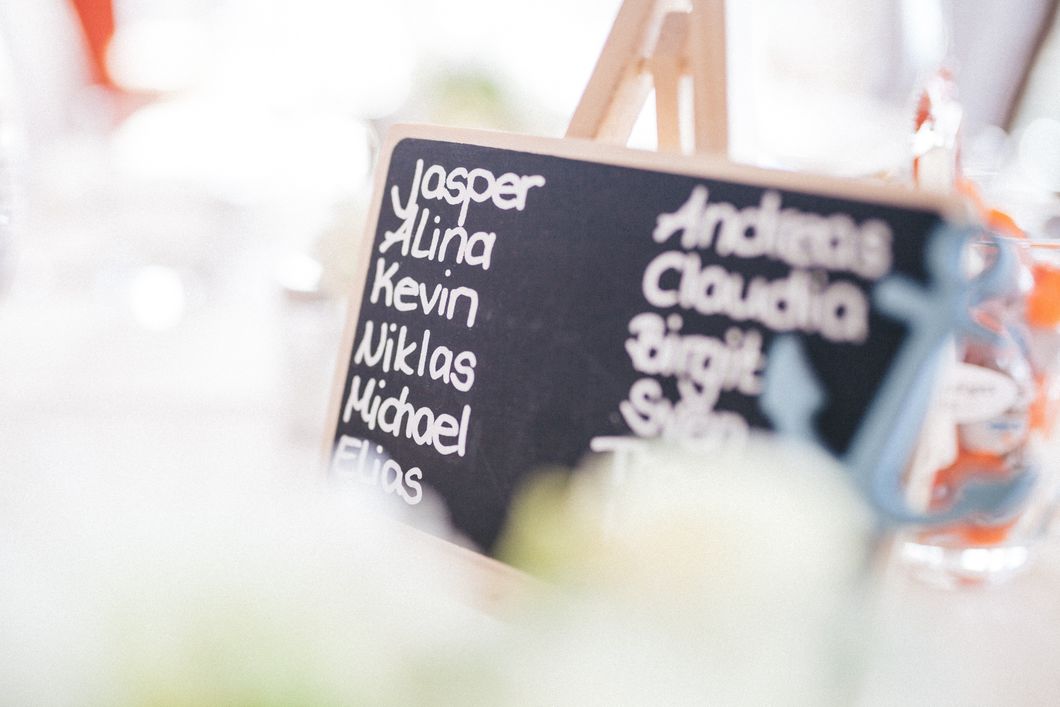When I started middle school in an international school in Myanmar, I decided to give up my Burmese name for an "english name", Chloe. I was switching to an "American school"– a school that followed the american curriculum – and I thought my English name would make me cooler and more popular rather than my lame, common Burmese name, Thu.
And so I went by Chloe for the following six years in school. Even today, my friends from middle school and high school still call me Chloe. And honestly, it made me feel unique to have an English name as someone living in Myanmar. It was almost as if I was exotic in my own way.
Fast forward to fall 2017, I was ready to start my freshman year of college in California. It was my first time in California and my second time in the United States. I was presented with a dilemma: Do I go by Chloe or Thu? Chloe would be safe – people will know how to pronounce it, I'll probably be surrounded by a few other Chloe's, and people wouldn't think my name was weird. Thu, on the other hand, worried me a little. What if people thought it was weird? Or they didn't know how to pronounce it? The first impression of someone says so much about them and your name is what people will remember you by on the first meeting. I didn't want to be remembered as the girl with the weird name.
Then, I remembered what was in my name. Conventional naming methods in Myanmar include the consultation of your day of birth, a fortune teller, and your extended family. I remembered my mom telling me how they saw different fortune tellers to make sure I had a lucky name and that the word "thu" is derived from which day of the week I was born on. Had I been born on any other day instead of a Friday, my name would be anything but "Thu".
So much of my cultural identity is concealed in the eleven letters of my name. What a fool I've been to simply dismiss it and pick a random word in a foreign language to represent all that I am. After that, it was an easy decision to choose what to go by in college onwards.
Call me Thu.




































